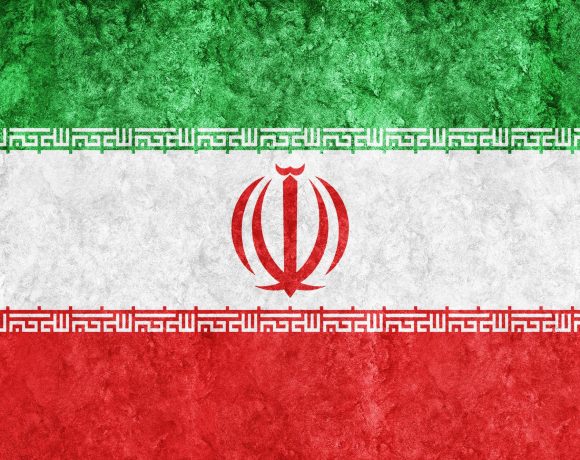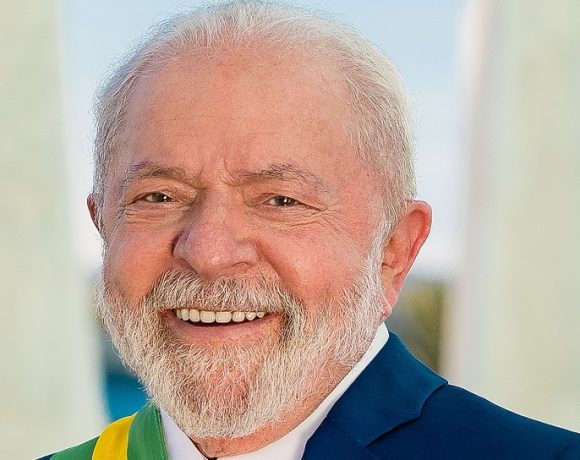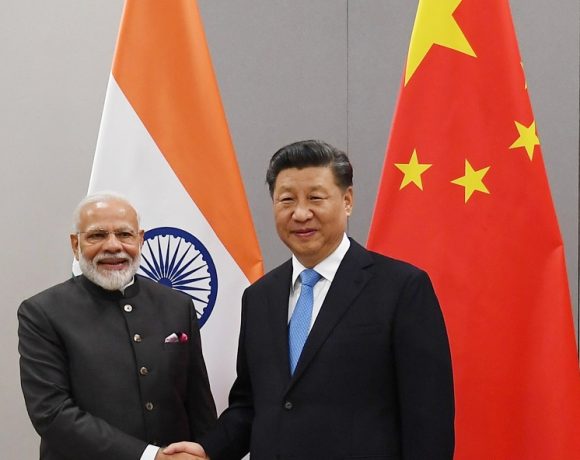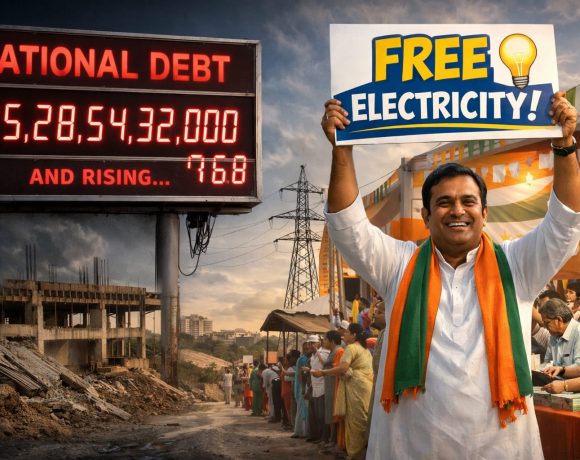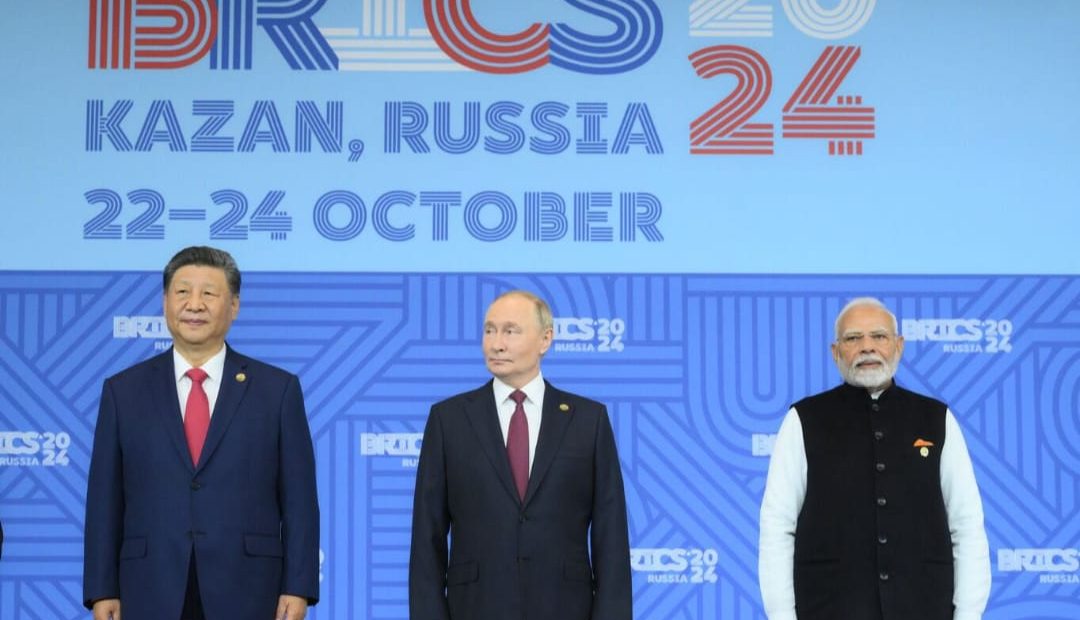
India Urges BRICS to Dismantle Export Controls
During the 15th BRICS Trade Ministers’ Meeting held in Brasília, Brazil on May 21, 2025, India made a strong pitch to dismantle intra-bloc export controls to improve trade cooperation and support the economic aspirations of the Global South. Represented by Economic Adviser Yashvir Singh, India emphasized the need to eliminate artificial barriers that hinder trade among BRICS members—Brazil, Russia, India, China, and South Africa.
India Calls for Open Trade Among BRICS
The Indian delegation argued that export control measures among BRICS nations weaken supply chains, restrict access to essential goods, and contradict the group’s goal of equitable development. India urged the bloc to foster an environment of mutual trust and open exchange to maximize trade benefits, especially for emerging economies.
Yashvir Singh stated that dismantling internal export restrictions would not only enhance economic integration but also reinforce BRICS’ commitment to building resilient economies through collaboration rather than competition.
Key Agreements Signed in Brasília
The ministerial meet concluded with the endorsement of a joint declaration and three significant annexures designed to modernize and align the group’s trade agenda:
- BRICS Declaration on WTO Reform and Strengthening of the Multilateral Trading System – emphasizing support for a transparent, rules-based global trade order.
- BRICS Understanding on the Governance of the Data Economy – addressing the growing role of data in cross-border commerce.
- BRICS Trade and Sustainable Development Framework – integrating sustainability principles into trade policies.
The final communiqué also voiced collective concern over the misuse of climate-linked trade barriers, cautioning against their use as disguised protectionism.
India’s Vision for Inclusive Global Trade
India welcomed Brazil’s “solution-oriented” leadership and applauded the expected inclusion of Indonesia into the BRICS bloc in 2025. Looking ahead to its own BRICS presidency in 2026, India reiterated its commitment to a decentralized global trade framework that gives voice to the Global South and reflects the evolving dynamics of world commerce.
The Indian delegation reaffirmed the country’s longstanding position that emerging economies must not be penalized for growth aspirations and must be allowed fair access to trade opportunities free from undue restrictions.


